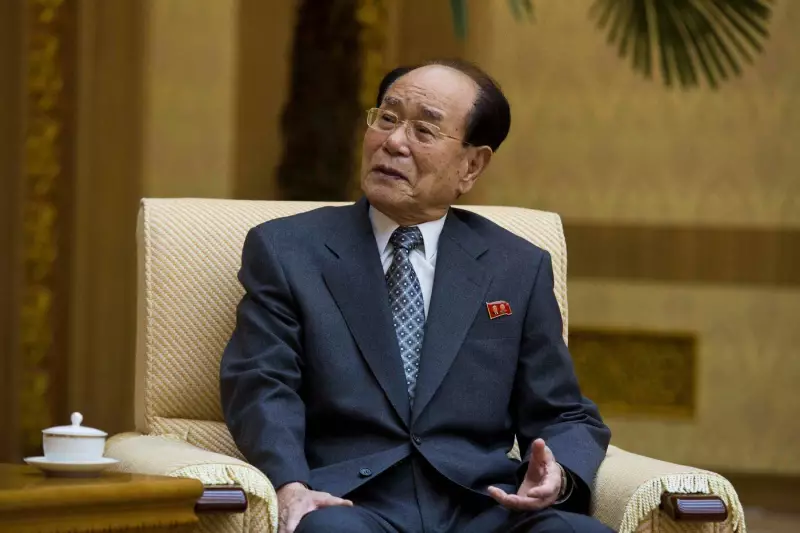
North Korea has officially announced the death of Kim Yong Nam, the longtime ceremonial head of state who served as the country's nominal leader in international affairs for more than two decades. The passing of this key political figure marks the end of an era in North Korean diplomacy.
A Pillar of North Korean Diplomacy
Kim Yong Nam, who served as president of the Presidium of the Supreme People's Assembly from 1998 to 2019, was North Korea's face to the outside world during a period of significant international tension. While never wielding the ultimate power held by the Kim dynasty, he played a crucial role in representing the isolated nation on the global stage.
Distinguished Political Career
Throughout his extensive career, Kim Yong Nam attended numerous international summits and meetings as North Korea's nominal head of state. His diplomatic missions often involved presenting the country's position while the actual decision-making power remained firmly with the ruling Kim family.
Key Responsibilities and Influence
As the ceremonial head, Kim Yong Nam's responsibilities included:
- Representing North Korea at international events and summits
- Meeting with foreign dignitaries and heads of state
- Overseeing the formal aspects of state governance
- Maintaining diplomatic protocols while the Kim family focused on military and party leadership
Transition in North Korean Leadership
Kim Yong Nam's death comes at a time when North Korea continues to navigate complex international relationships and economic challenges. His replacement in 2019 by Choe Ryong Hae had already signaled a generational shift in the country's political structure, aligning more closely with Kim Jong Un's inner circle.
The announcement of his passing was made through state media, though specific details regarding the cause of death or funeral arrangements have not been disclosed to the international community.





